On a scale of 1 to 5 Audreys, how excited are you for Big Little Lies 2
 Tuesday, January 8, 2019 at 12:01AM
Tuesday, January 8, 2019 at 12:01AM 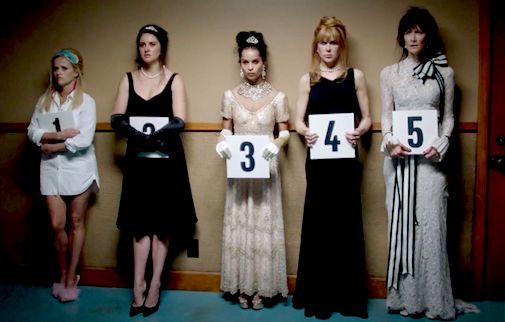
And who are you most excited to see reprise their role and why?
The Film Experience™ was created by Nathaniel R. All material herein is written by our team. (This site is not for profit but for an expression of love for cinema & adjacent artforms.)
Follow TFE on Substackd
 Tuesday, January 8, 2019 at 12:01AM
Tuesday, January 8, 2019 at 12:01AM 
And who are you most excited to see reprise their role and why?
 Monday, January 7, 2019 at 8:00PM
Monday, January 7, 2019 at 8:00PM by Jorge Molina
The Globes are known for shaking things up a bit. As we could see last night, it’s not always necessarily for the best. However, the much looser environment of the show allows them to have more fun with presenters, and the gathering of both film and television stars usually leads to unexpected combinations of people and bursts of chemistry.
In our now annual tradition, here is the third annual ranking of the Golden Globe presenters:
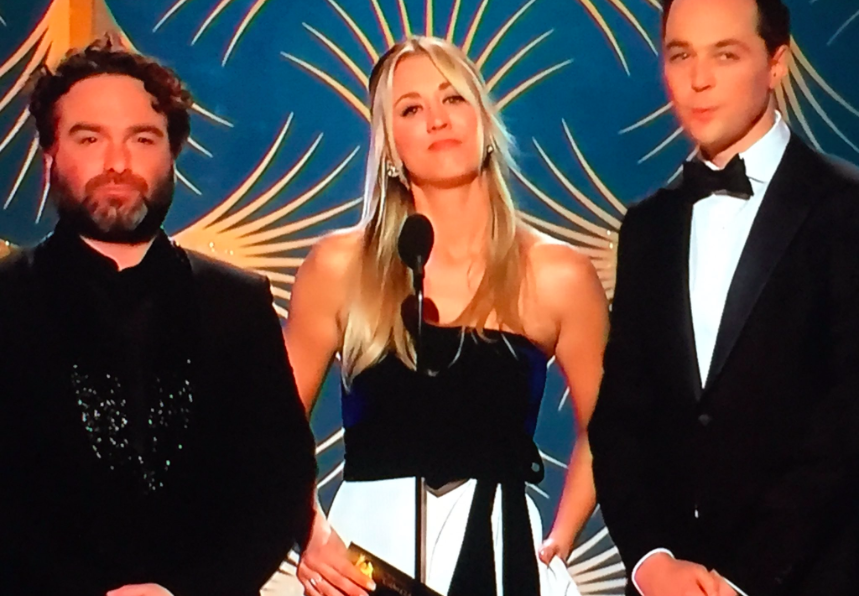
 Monday, January 7, 2019 at 5:14PM
Monday, January 7, 2019 at 5:14PM Jason from MNPP here, fresh from a weekend stuck on the sofa nursing a stomach flu, and that was even before Green Book and Bohemian Rhapsody won top prizes at the Globes last night. On that sour note, I give you this week's "Beauty vs Beast" poll. Best to get these movies out of the way now, since I think (and hope and pray) that this might signify the peak of their awards run. As Nathaniel pointed out in his Globes take this morning...
"Both are films which have been accused of having their true stories of queer musicians diluted or significantly fictionalized by the people doing the telling (former bandmates in the case of Bohemian Rhapsody and the family of an employee in the case of Green Book)."
There exists in the ether of our imaginations two fascinating movies about Freddie Mercury and Dr. Don Shirley, full of sharp insights about race and sexuality in times and places that warped these men while simultaneously feeding off their talents, but those movies will have to, for the time, stay in our imagination. This is what we got.
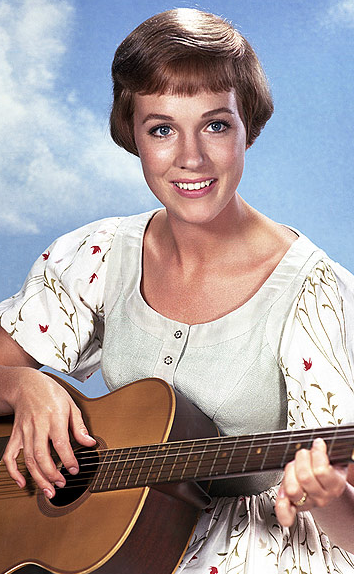 PREVIOUSLY Way back before the holidays we faced down Dame Julie Andrews' two most iconic roles, and even though Mary Poppins can fly the saintly Maria took it to the mountain-top and spun herself up a win with 56% of your vote. Said Joel:
PREVIOUSLY Way back before the holidays we faced down Dame Julie Andrews' two most iconic roles, and even though Mary Poppins can fly the saintly Maria took it to the mountain-top and spun herself up a win with 56% of your vote. Said Joel:
"Watching the precocious Maria makes me so happy that I want to yodel-lay-hee-hoo off a damn Alp."
 Monday, January 7, 2019 at 2:56PM
Monday, January 7, 2019 at 2:56PM by Nathaniel R
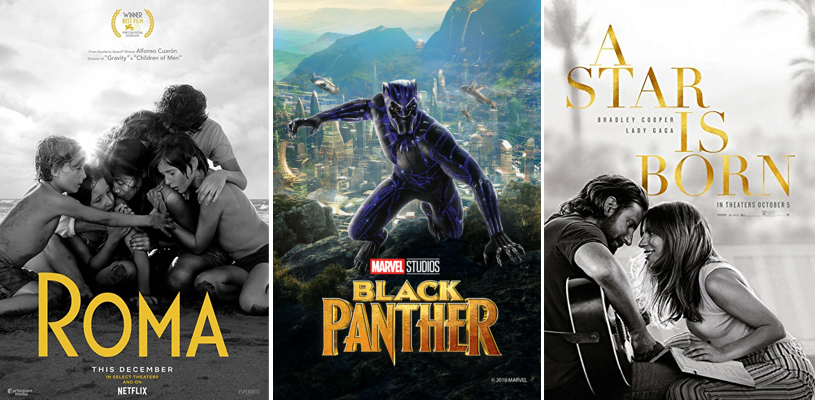
Today is a big day. It's Globe fallout day but also the day when the guilds start announcing en masse. Today we heard from the writers, the editors, and the art directors guilds to give us more clues as to which films the industry is gaga for. The only films that scored at all three guilds were A Star is Born and Roma, which NOT COINCIDENTALLY feel like the two most likely films to win Best Picture on Oscar night, give or take Black Panther.
The nominations are all after the jump...
 Monday, January 7, 2019 at 1:00PM
Monday, January 7, 2019 at 1:00PM 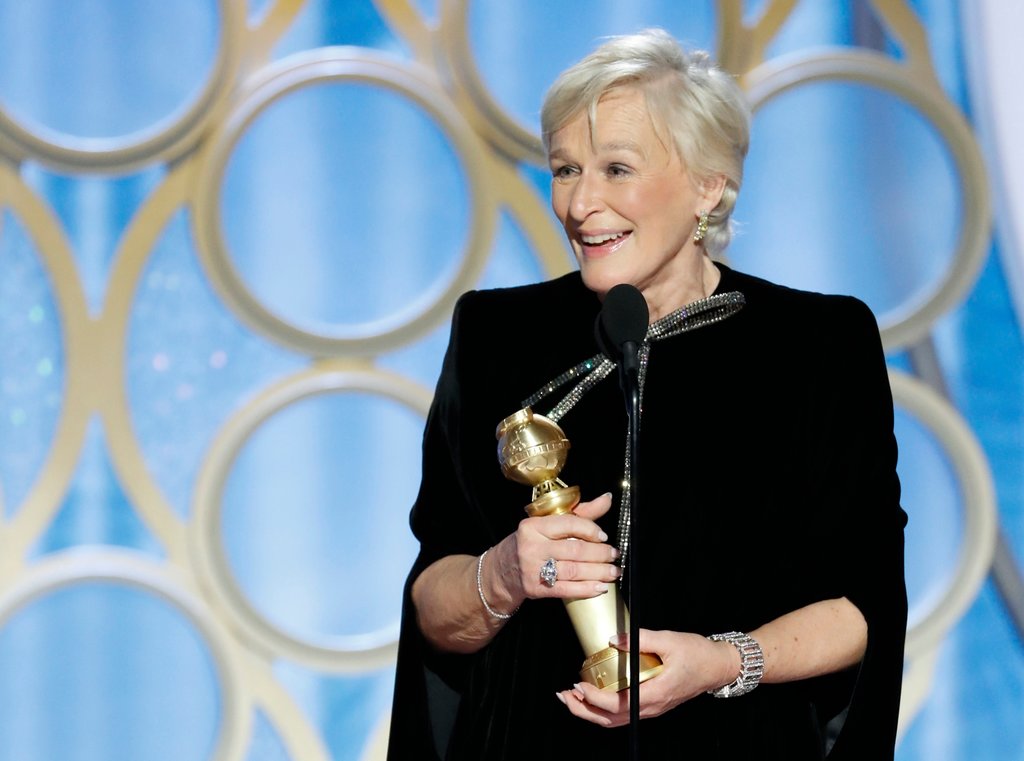
Glenn Close won Best Actress - Drama at the Golden Globes for her performance in The Wife. And she gave a performance in delivering her acceptance speech that is almost as great as the performance she won for. While we have no doubt that Close was genuine, it was also fantastic television. It started with her shocked reaction - did her publicist’s keep telling her that the Globes wouldn't miss a chance to reward Lady Gaga like all the pundits did? She continued by kissing Michael “Fatal Attraction Dan” Douglas and Lady Gaga on the way to the stage. Once she got there she she gave an eloquent, emotional, yet composed and smart speech.
She didn’t forget her “category sisters"...